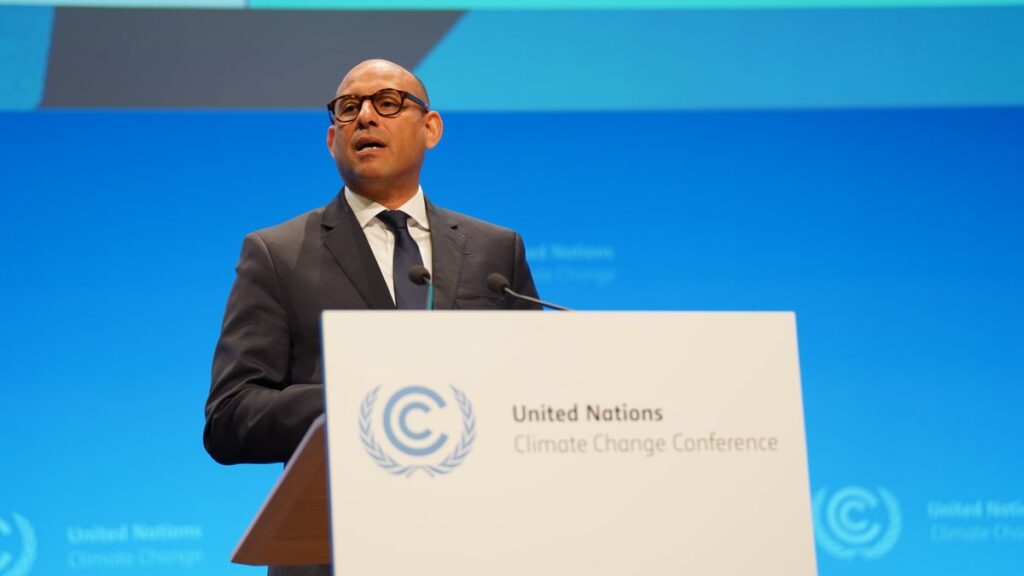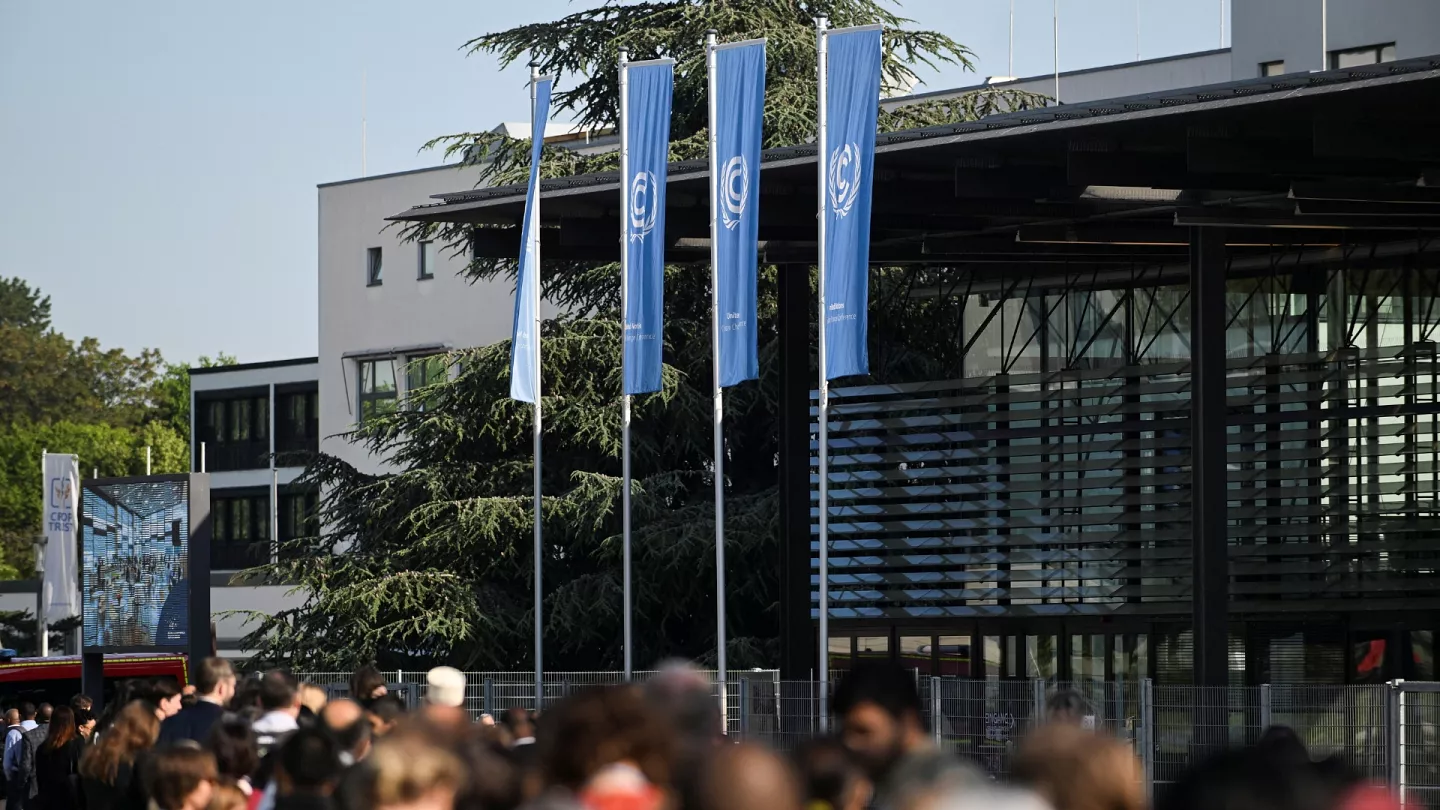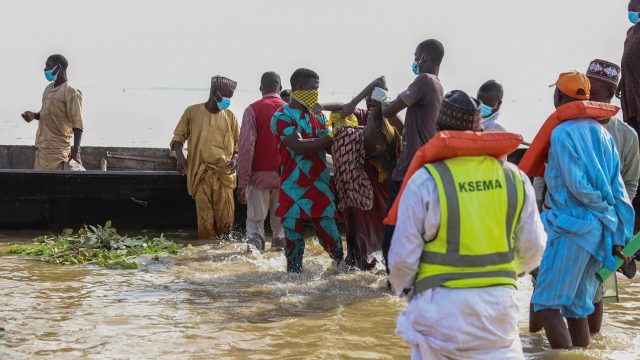UN Climate Change Executive Secretary Simon Stiell has said that there are bridges to be built to realize the common ground that exists in the world as the Bonn Climate Change Conference closed today after two weeks of intense work that made progress on several critical issues.
He spoke at the closing session of the conference which is organised to help lay the groundwork for the political decisions required at the UN Climate Change Conference (COP28) at the end of the year.
He said that agreements can happen when negotiators rise to the occasion, find compromises and manage to convince them of the merit and necessity of those compromises.
According to him, “Having taken nearly two weeks to agree on an agenda, it is easy to believe we are far apart on many issues, but from what I have seen and heard, there are bridges that can be built to realize the common ground we know exists.
“World-changing agreements happen when negotiators rise to the occasion, reach out and find compromises, then manage to convince their capitals of the merit and necessity of those compromises,” he said.

At the Bonn meeting, progress was made on issues of critical importance, including the global stocktake, climate finance, loss and damage, and adaptation, among many others.
Stiell singled out the global stocktake, which will conclude at COP28, as a moment to course correct to get the world on track to limit the temperature rise in line with the Paris Agreement.
Delegates at the Bonn conference wrapped up the last meeting of the technical dialogue of the first global stocktake – laying the ground for more ambitious climate action.
“Pledges by Parties and their implementation are far from enough, so, the response to the stocktake will determine our success – the success of COP28, and far more importantly, success in stabilizing our climate,” said Stiell.
In Bonn, government delegates, observers, and experts took part in the stocktake’s third and final technical dialogue, comprised of a series of roundtables and events spread across six days.
They discussed how to accelerate collective progress on mitigation, including response measures; adaptation; loss and damage; and means of implementation (climate finance, technology transfer, and capacity building).
In early September, the co-facilitators of the technical dialogue will publish a synthesis report, capturing the key findings of the three meetings of the dialogues.
It will contain technical information, good practices, and lessons learned to help Parties and non-Party stakeholders identify what to do to course-correct and achieve the Paris Agreement goals.
Other discussions and events at the Bonn Climate Conference focused on climate finance, notably the provision of adequate and predictable financial support to developing countries for climate action, including setting a new collective quantified goal on climate finance in 2024. On the global goal of adaptation, the Parties agreed on structural elements for a Dubai decision.
The second Glasgow Dialogue on Loss and Damage provided helpful information to advance the work of the Transitional Committee on operationalizing the funding arrangements and new funds for responding to loss and damage.
Discussions focused on maximizing support from existing funding arrangements, including considerations on coherence, complementarity, and coordination.
The Transitional Committee will make recommendations for consideration and adoption at COP28 on how to operationalize the new loss and damage fund and funding arrangements.
The Bonn conference brought together more than 4,800 participants from all corners of the world, almost double the number of participants that attended last year’s conference.
Indigenous peoples, local communities, businesses, cities, and civil society, including youth and children, spoke about how they are addressing climate change and highlighted challenges that need to be overcome.
COP 28 will take place in Dubai, United Arab Emirates, from 30 November to 12 December this year.
It will be preceded by four Regional Climate Weeks: Africa Climate Week, 4-8 September in Nairobi, Kenya.
Middle East and North Africa Climate Week, 8-12 October in Riyadh, Saudi Arabia. Latin America and Caribbean Climate Week, 23-27 October in Panama City, Panama. Asia-Pacific Climate Week, in Johor, Malaysia, dates to be announced soon.
By Dare Akogun





